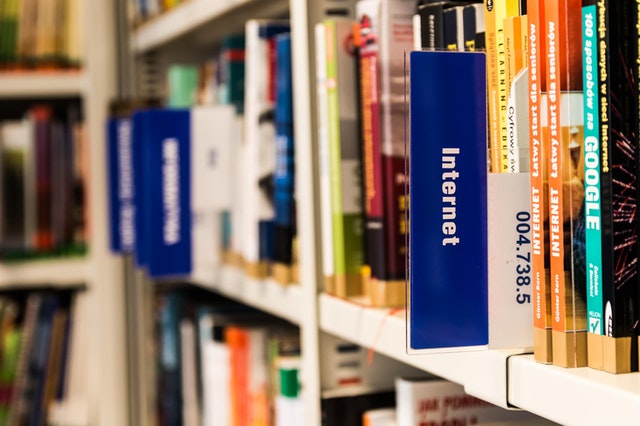Did the education you received prepare you adequately for the challenges of life? Are your children or relatives getting the right education or are they just passing time?
We need to continuously ask ourselves a fundamental question at home and school: what kind of education do our young boys and girls need to make them stand out and be competitive in any market – job or otherwise? Which kind of education makes someone a leader or entrepreneur or an exceptional business executive or employee?
Or what is the purpose of our education? What innovations in medicine, engineering, technology, etc are we proud of as a country? May be education will need to change not only in content but in methodology.
Several successful people are formed from good families and well-designed academic institutions. Societal formation or individual growth by far is determined by these two great institutions. All efforts by religious institutions, governments, and communities should be vested in building a strong family that supports life and training institutions that impart practical skills to learners. We recognize a family as the pillar of human formation and other institutions come in handy. We must not forget that the order is irreplaceable. The family remains our first and the best school that provides the basics for life. That common adage that charity begins at home is not a mistaken notion. God-fearing/ prayer, hard work, honesty, generosity, and other similar values have their foundation at home. And these values define one’s future in life. Most hard workers acquire this main value through their parents regardless of their religious inclination. A hard-working culture produces a generation of hard-working youths. It is common today that most Kenyans work better and are more aggressive than Ugandans. Building a strong family or institution is not by accident but should be done systematically and deliberately. Leaders in the local community and the government have a great role to play in this area. The scope and method of training a person for life matters in bringing up a mature person.
Teaching is a holistic calling. It is a complex and demanding profession that involves developing a person in totality. Luigi Giussani in The Risk of Education (1995) clarifies the goal of education which is to help one enter into the totality of the real which is always ‘the true horizon’ of our actions. Talking of the totality, education is meant to develop the whole person and lead them to fulfillment in life. The educator must therefore consciously experience his own life.
Life skills are needed for an individual to operate actively and constructively. UNICEF (2004) asserts that life skills are not a domain or a subject, but cross-cutting applications of knowledge, values, attitudes, and skills, which are important in the process of individual development and lifelong learning. And according to WHO (1993), personal skills are required for young people to function confidently and competently with themselves, with other people and with the wider community. Likewise, UNESCO postulates that the promotion of health and wellbeing of children and adolescents: decision making, problem-solving, creative thinking, critical thinking, effective communication, interpersonal relationships skills and self-awareness, empathy, coping with emotions and stress are core set of life skills. These values and technical skills are what we need to be relevant in life. Therefore, families, schools, training colleges and universities have been assigned the responsibility of this humble but tasking role to nurture the young person into maturity with essential skills.
Globally, the economic and social changes occur at a rapid rate. What matters most is the speed at which change takes place! The risk that most communities in Africa face during such times of change is to be taken unaware without appropriate and adequate preparation. This is seen in the employment sector in Uganda where the country is forced to get labor force from better placed or trained personnel from other countries to cope with rapid change in society. Are we prepared for this change? How have I prepared my children for this change? Does our education prepare us for this global change? This responsibility of forming young people to have a vision for a better life or successful life has been vested on a teacher and the parents. As teachers, we should entrust our learners to better their life around what we have and not to depend on what others have. The experience of the Corona Virus Disease (COVID-19) pandemic should be an eye-opener in Uganda and other developing countries. Most offices in Uganda closed because of self-isolation while, countries and institutions that embraced technology remained operating. Some institutions are preparing for online examination while the majority have closed completely. It is anticipated that many countries will now review the policy of working from home other than having staff under one roof. Many things will change at the end of the COVID-19 pandemic. Our young people will be the most hurt and those in precarious employment. The world is nowadays more competitive and complex than it was years back. A curriculum sensitive to changes is more desired than a rigid one. Our family, school and community structures matter a lot on how far it propels the learners to achieve in the modern/ changing job market. The ability of our young boys and girls to cope with the global pace depends on the teacher’s quality and aspirations. The quality of a teacher weighs more than the content of the syllabus.
Written by Prof. Patrick Ogwok, edited by Mustapha B Mugisa.
Copyright Mustapha B Mugisa, All rights reserved







